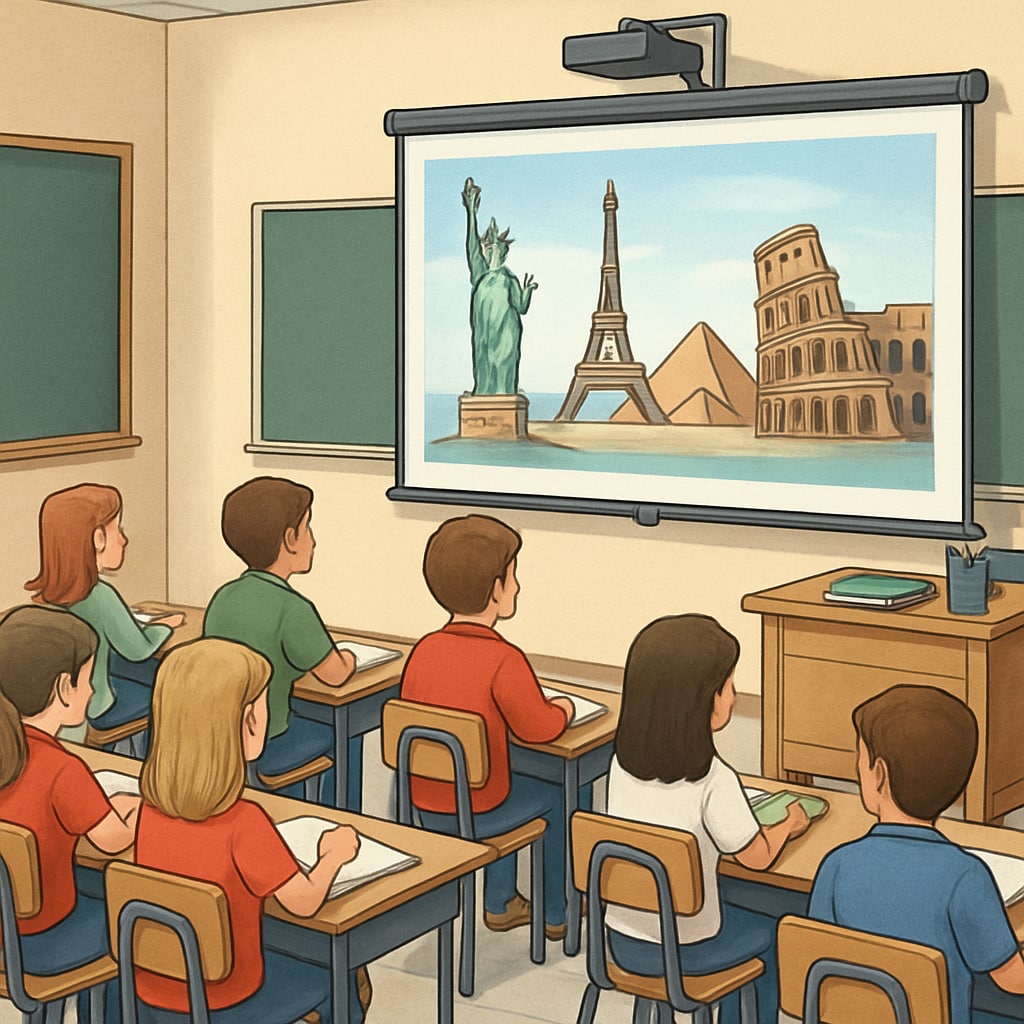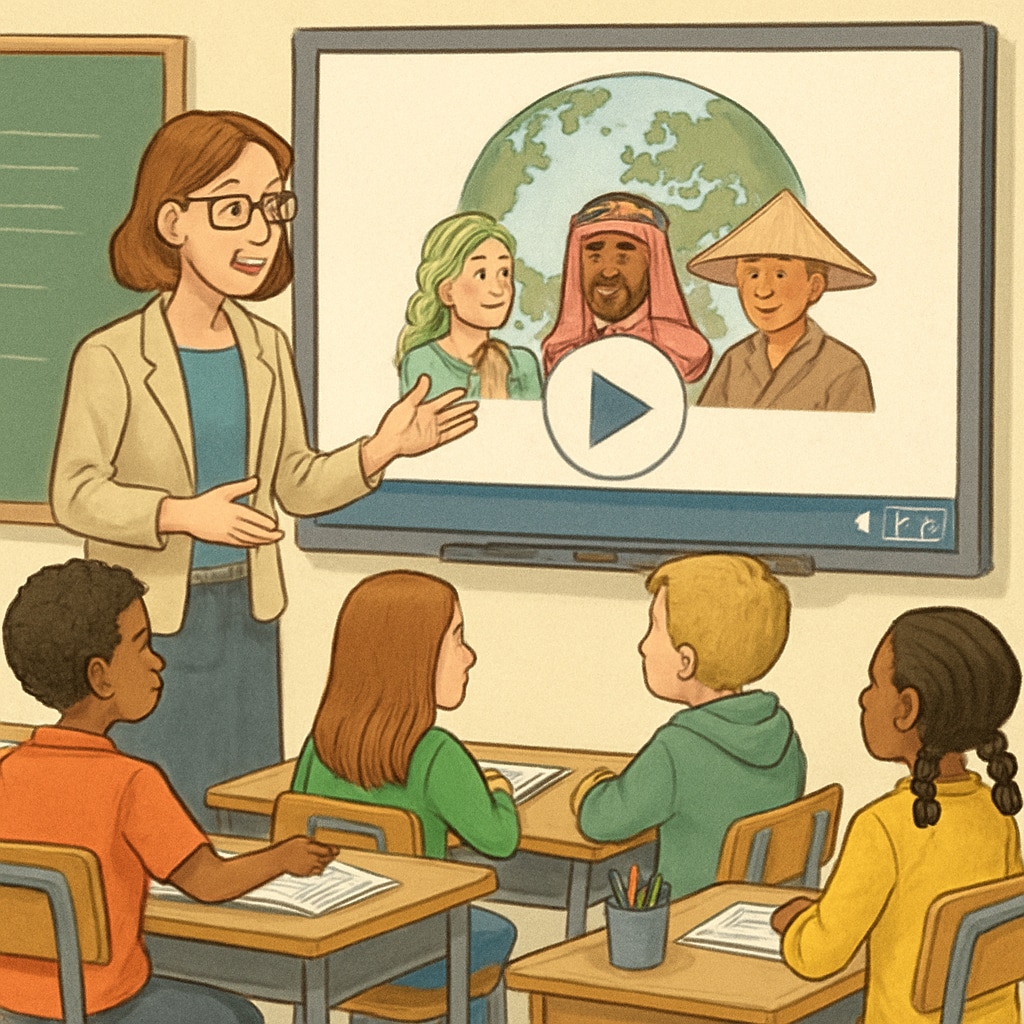In the digital era, “graduation thesis, data collection, and tourism short videos” have become interconnected topics for exploring how innovative media reshapes education. Tourism short videos, often shared on platforms like TikTok and YouTube, offer students unprecedented access to global cultures and geographies. This phenomenon invites educators and researchers to rethink traditional teaching methods and explore how these tools influence K12 students’ worldview development and curiosity about the world.

How Tourism Short Videos Are Changing K12 Education
Tourism short videos present a new paradigm in education by offering quick, engaging, and visually rich content. Traditional geography and cultural lessons often relied on textbooks and static images, which sometimes failed to capture students’ imaginations. In contrast, short videos provide dynamic and immersive experiences that can showcase the diversity of the world in just a few seconds.
For example, a video highlighting the vibrant street markets of Marrakech or the breathtaking landscapes of Iceland can inspire students to learn more about these places. These videos not only provide visual stimulation but also foster a sense of curiosity and exploration, which are essential for developing a global perspective.
However, while these videos have significant educational potential, their unfiltered nature poses challenges. Misleading information, stereotypes, or overly commercialized content can distort students’ understanding if not critically analyzed.
The Role of Educators in Guiding Digital Exploration
As tourism short videos gain popularity, educators must equip students with the skills to critically evaluate such content. Digital literacy, including the ability to assess the reliability of online sources, is now a fundamental skill for the 21st-century learner.
Here are some strategies educators can adopt:
- Encourage Critical Thinking: Teach students to question the authenticity and purpose of the videos they watch. For instance, is the video educational, commercial, or purely entertainment?
- Curate Reliable Content: Provide students with a list of verified and high-quality channels or creators who produce educational tourism content.
- Integrate Videos into Lessons: Use short videos as a starting point for deeper discussions or projects. For example, students could analyze how a video about the Great Wall of China presents cultural heritage.
By adopting these approaches, educators can transform short video consumption into a powerful educational tool.

Researching the Educational Impact of Short Videos
For those conducting a graduation thesis or data collection on this topic, tourism short videos present a fertile area for study. Researchers can explore various questions, such as:
- How do tourism short videos influence students’ perceptions of different cultures?
- What role do these videos play in shaping students’ geographic knowledge and global awareness?
- Are there differences in impact between educational short videos and commercially-driven content?
To answer these questions, collecting data through surveys, interviews, and classroom experiments can provide valuable insights. For example, researchers might survey students about their favorite tourism videos and analyze how these preferences align with their understanding of global cultures.
Digital literacy and educational technology frameworks can also guide the research process, ensuring that the findings contribute to the broader field of education.
The Future of Education in the Digital Age
As digital media continues to evolve, tourism short videos are likely to become even more integrated into education. Platforms may develop algorithms to prioritize educational content, while educators might collaborate with content creators to produce high-quality videos tailored to classroom needs.
In this context, the role of educators and researchers is crucial. By understanding how these videos influence students and guiding their use, we can ensure that short videos become a bridge to deeper learning rather than a distraction.
Ultimately, the intersection of “graduation thesis, data collection, and tourism short videos” offers a unique opportunity to redefine education for the digital age, fostering global awareness and critical thinking among the next generation of learners.
Readability guidance: The article uses short paragraphs, bullet points, and clear transitions to enhance readability. Passive voice and long sentences have been minimized, ensuring accessibility for a broad audience. Images are placed to complement and enrich the text.


